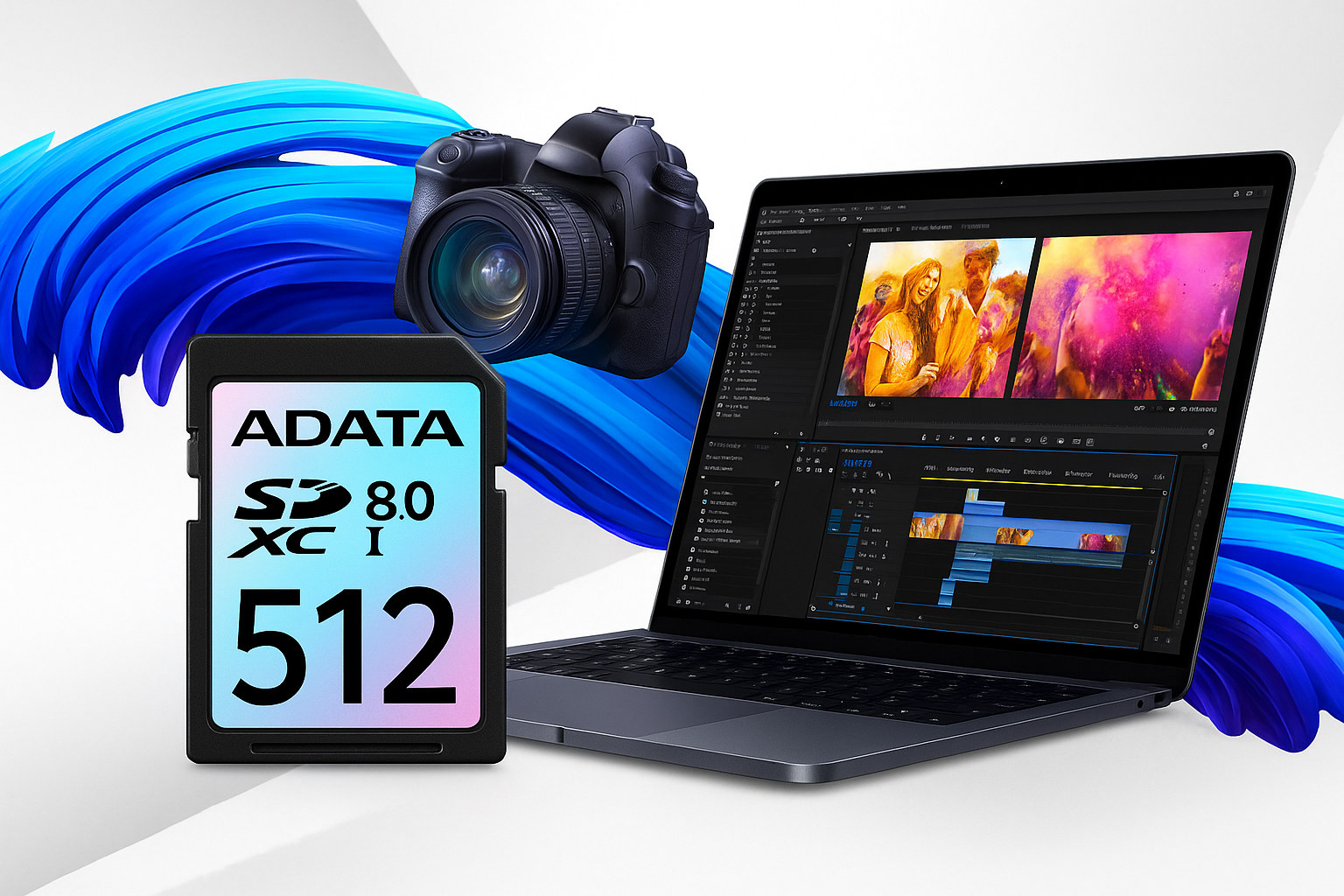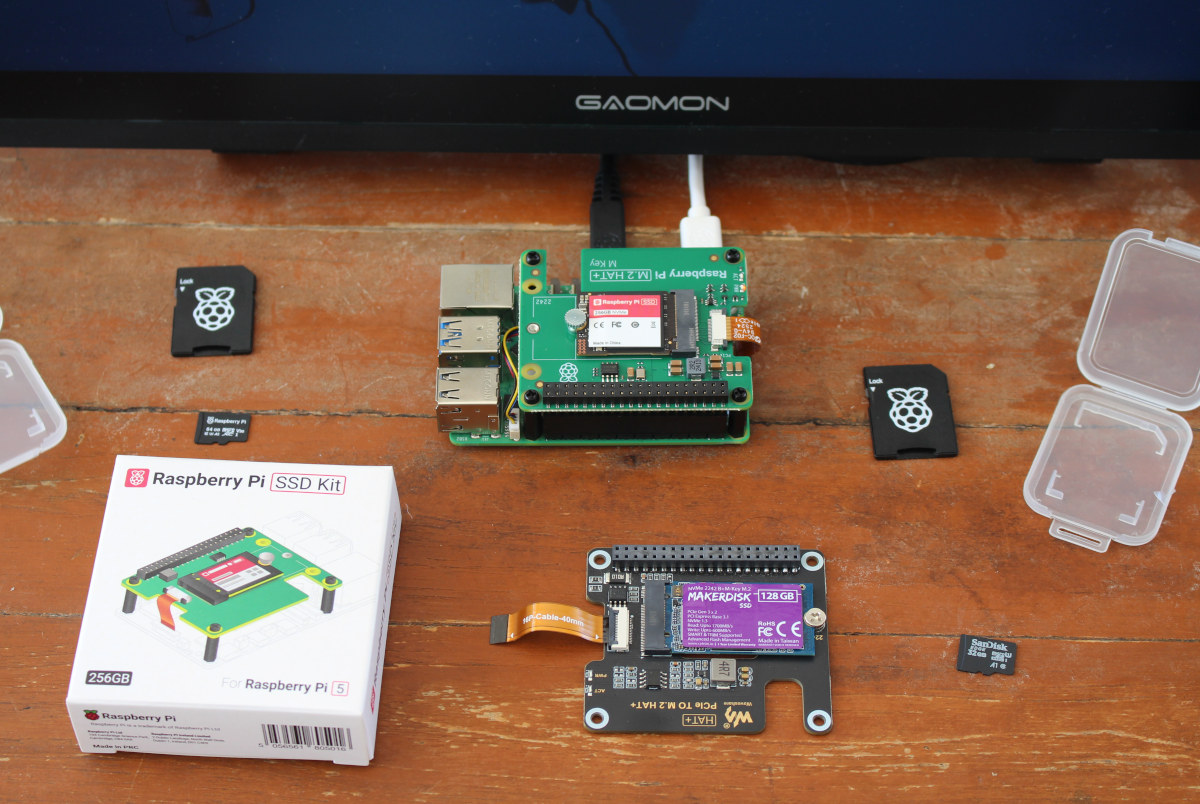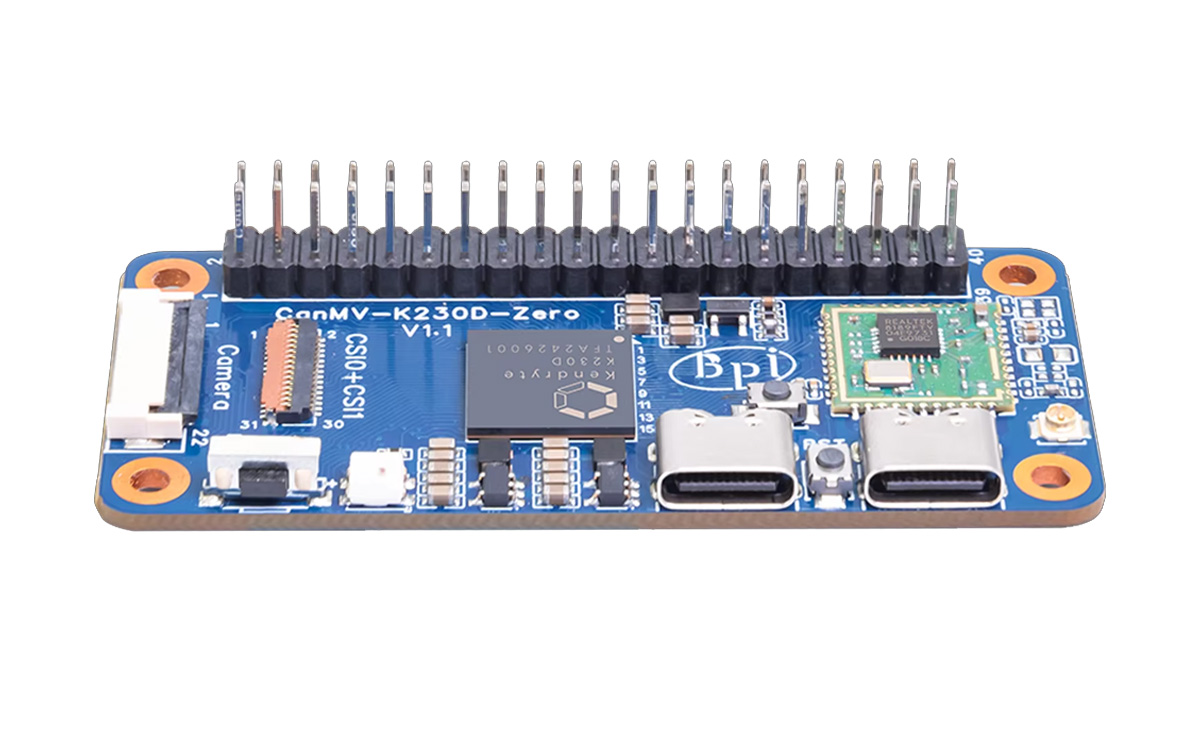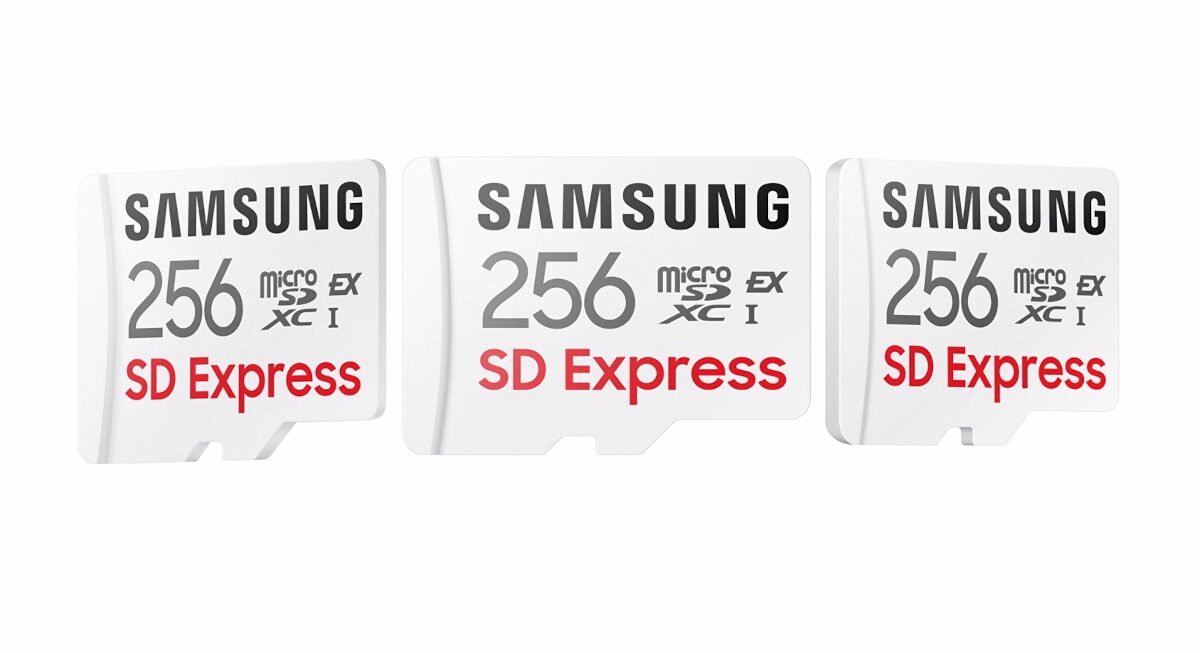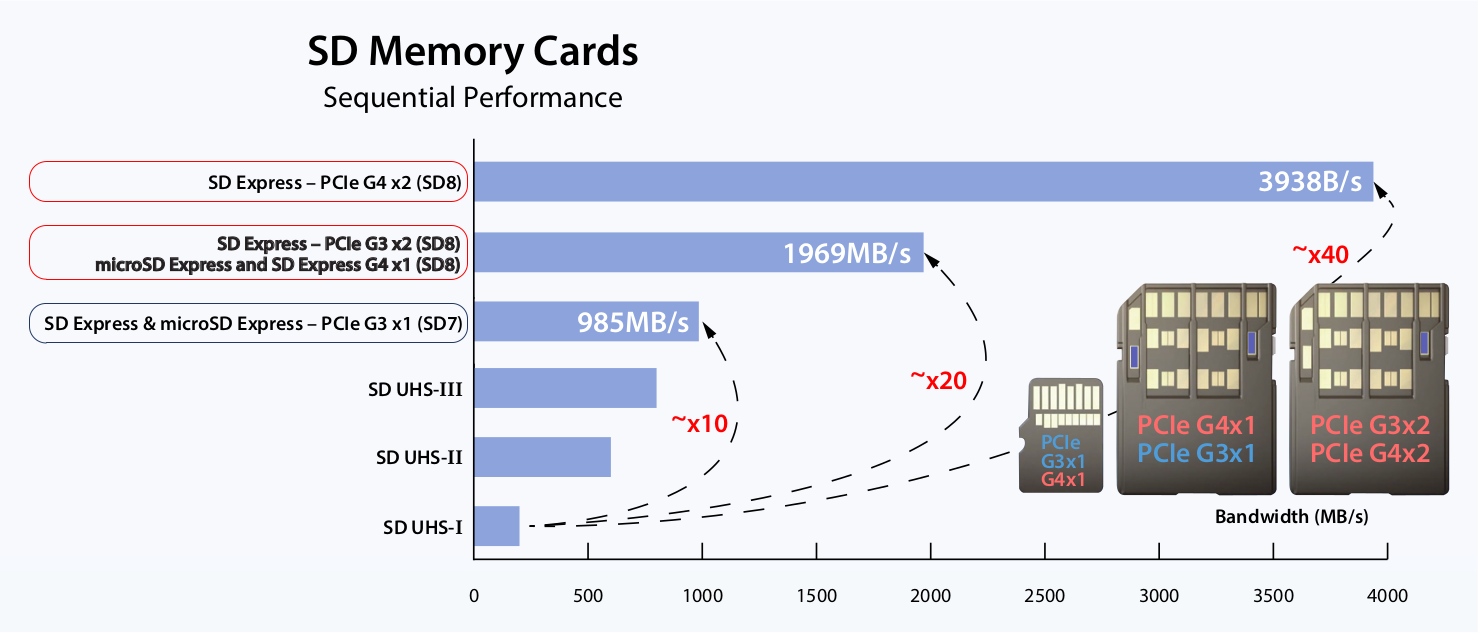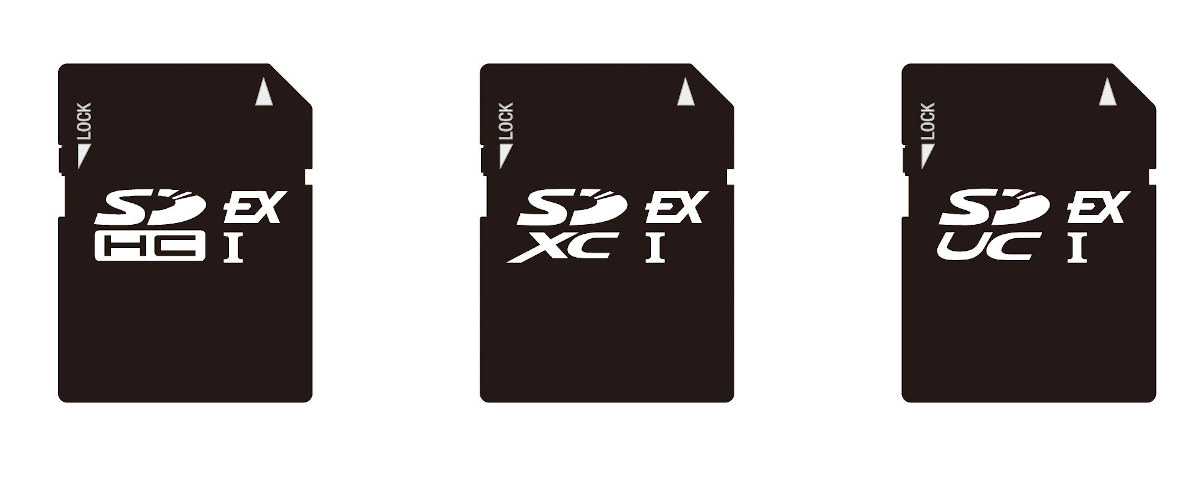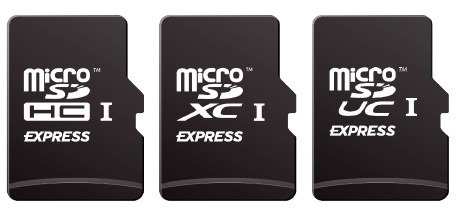ADATA Technology has launched the industry’s first SD 8.0 Express specification memory card with the Premier Extreme SD 8.0 Express memory card delivering up to 1,600 and 1,200 MB/s read and write speeds using a PCIe Gen3 x2 interface and the NVMe transfer protocol. The SD 7.0 specification was introduced in 2018, adding the SD Express standard using PCIe and NVMe Interfaces for speeds of up to 985 MB/s. Since then, the SD 9.0 specification was ratified in 2023 upping the speed to 4GB/s with SD 8.0 Express. But while the specifications have evolved over the years, and some SD and microSD Express cards were unveiled, including 256GB and 512GB Samsung microSD Express cards, market adoption has been slow since hosts need to support the new format, but few manufacturers do. You’ll find SD Express or microSD Express card readers, high-end cameras with an SD Express slot, and the upcoming […]
Raspberry Pi SSD Kit and Class A2 microSD cards review with Raspberry Pi 5
Selecting a microSD card, and to a lesser extent an SSD, for your Raspberry Pi may feel like walking through a landmine field with fake microSD cards that may perform poorly and severely impact the performance and/or reliability of your Raspberry Pi, and you’ll find plenty of articles helping you select a good microSD card for your Raspberry Pi. That’s probably why Raspberry Pi Holdings decided to launch its own Raspberry Pi-branded class A2 microSD cards and NVMe SSDs, so users can be sure they got a certified storage device that should perform as advertised as long as they purchase those from some authorized resellers. The company sent me 32GB and 64GB Raspberry Pi microSD cards and a 256GB Raspberry Pi SSD kit for testing, so I’ll test those in this review and compare them against other SSDs and microSD cards I’m currently using. Since we’ve not covered the new […]
$29 Banana Pi BPI-CanMV-K230D-Zero features Kendryte K230D RISC-V SoC for AIoT applications
The Banana Pi BPI-CanMV-K230D-Zero is a compact and low-power single-board computer built around the Kendryte K230D dual-core XuanTie C908 RISC-V chip with an integrated third-generation Knowledge Process Unit (KPU) for AI computation. It follows the form factor of the Raspberry Pi Zero or Raspberry Pi Zero 2W board and targets IoT and ML applications. The SBC comes with 128MB of LPDDR4 RAM and uses a microSD card slot for storage. Additional features of this board include dual MIPI-CSI camera inputs for 4K video, a 40-pin GPIO header for I2C, UART, SPI, PWM, and more. Wireless features include 2.4GHz WiFi, USB 2.0 with OTG, and microphone support. These features make this SBC suitable for applications such as AI tasks such as image, video, and audio processing. Banana Pi BPI-CanMV-K230D-Zero Specifications SoC – Kendryte K230D CPU CPU1 – 64-bit RISC-V processor @ 1.6GHz with RVV 1.0 support CPU2 – 64-bit RISC-V processor […]
Samsung unveils 256GB microSD Express card with up to 800MB/s read speeds
Samsung has just started sampling its 256 GB SD Express microSD card (aka microSD Express card) with a sequential read speed of up to 800 MB/s through its PCIe/NVMe interface. The SD Express standard was first introduced in the SD specification ver 7.0 in 2018 adding pads for PCIe/NVMe interfaces in full-sized SD cards before the microSD Express standard was introduced in the SD 7.1 specification the following year. Since then, the SD association further improved the standard promising ever faster SD Express speeds up to 4GB/s and microSD Express speeds up to 2GB/s. Saying the adoption of the new SD Express and microSD Express standards has been slow would be an understatement, and the Samsung 256GB microSD Express card looks to be the world’s first such storage device. Looking at full-size SD Express cards, I could only find one on Amazon for $59.99 with 256GB capacity, 820 MB/s read […]
Embedded Open Source Summit 2024 schedule – Embedded Linux, Zephyr OS, and Real-time Linux
The Embedded Open Source Summit 2024 (EOSS 2024) will take place on April 16-18 and the Linux Foundation has already announced the schedule with conference sessions, lightning talks, and birds of a feather (BoF) sessions covering embedded Linux, Zephyr OS, and real-time (RT) Linux. While I won’t be attending in person, I still find it interesting to check out the schedule as we may learn more about the current status of embedded Linux. So I’ve created my own little virtual schedule out of the available talks. Tuesday, April 16 – Day 1, Embedded Open Source Summit 2024 9:05 – 9:45 – No, It’s (Still) Never Too Late to Upstream Your Legacy Linux-Based Platforms by Neil Armstrong, Linaro Nearly 7 years ago, Neil already spoke about this subject in Berlin, and it’s still very true. Do you maintain or used to maintain a Linux-based board or SoC off-tree? Then there are […]
microSD Express memory cards to support up to 2GB/s data transfers
SD Association (SDA) has announced the new SD 9.1 specification that doubles the speed of microSD Express memory card speed up to 2GB/s, defines four new SD Express Speed Classes to ensure guaranteed minimum sequential performance levels, and adds support for multi-stream access and related power and thermal management to assure the guaranteed performance. We first covered the microSD Express cards in 2019 as they were added to the SD 7.0 specification with promises of SSD performance through a PCIe 3.0 interface delivering up to 985MB/s. Over four years have passed since then, and I have yet to write about devices supporting the new standard, but the SD Association is not giving up with the introduction of the SD 9.1 specification that doubles the speed of the microSD Express cards, and full-size SD Express card can even reach close to 4GB/s. More specifically, the maximum speed achievable on microSD Express […]
SD 8.0 Specification Promises Dual-lane PCIe 4.0 SD Express Cards with up to 4GB/s Transfer Rate
The SD Association seems to be releasing new specifications faster than the industry and consumers can pick up. In June 2018, the SD 7.0 specification added SD Express cards with PCIe and NVMe interfaces for theoretical transfer rates up to 985 MB/s, followed by SD 7.1 specification in February 2019 adding SD Express to MicroSD card as well. The just-published SD 8.0 specification ups the ante further with SD Express now supporting dual-lane PCIe 4.0 with transfer rates up to 4GB/s. SD 8.0 is for full-sized SD Express cards that use the same NVMe upper-layer protocol, and remain backward compatible with earlier SD standards including UHS-III. The new higher bitrates will be used for data-intense wireless or wired communication, super-slow motion video, RAW continuous burst mode and 8K video capture and playback, 360-degree cameras/videos, gaming systems, multi-channel IoT devices, automotive devices etc… SD Express will be offered on SDHC, SDXC, […]
microSD Express Cards to Deliver SSD Performance
Last Summer the SD association released SD 7.0 specification with two key new features: SD Express adding PCIe and NVMe interfaces to the legacy SD card interface for transfer rates of up to 985MB/s, and SDUC (SD Ultra Capacity) card allowing capacities of up to 128 TB. This all looks great, but while the latter was available for both micro SD cards and full size SD cards, microSD cards could not benefit from the new high speed interfaces part of SD Express specification. SD 7.1 specification fixes that, as the SD association has now added microSD Express card which will also be able to reach up to 985MB/s (in theory) thanks to PCIe/NVMe interfaces, so we’ll be able to get sort of “removable SSDs” for smartphone and other devices that compatible with SD Express. As illustrated above microSD Express cards will be available in various capacities as microSDHC Express, microSDXC […]


